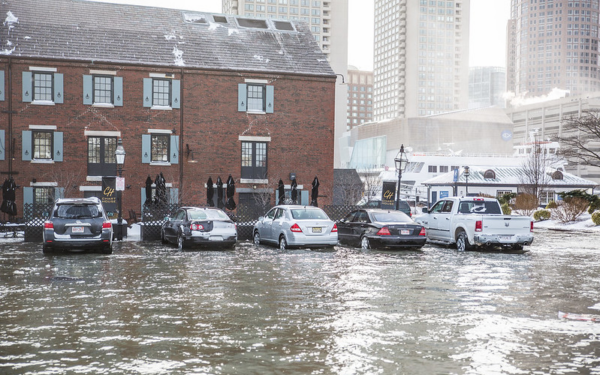We Must Protect and Restore Nature to Address the Climate Crisis
Restoring nature is one of the best tools we have for tackling the climate crisis. That means we all have a stake in protecting our wetlands and coastal ecosystems.
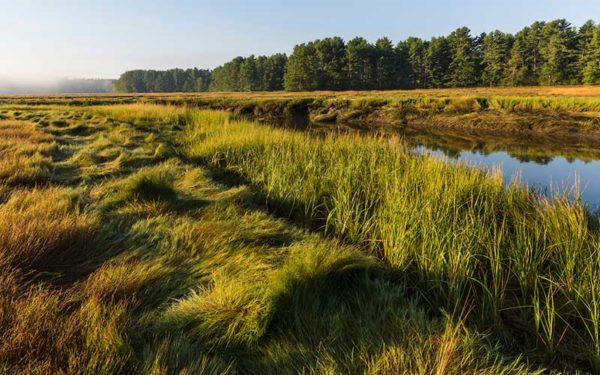
Restoring nature is one of the best tools we have for tackling the climate crisis. That means we all have a stake in protecting our wetlands and coastal ecosystems.

Slashing polluting emissions from medium- and heavy-duty vehicles is a critical part of our climate fight.
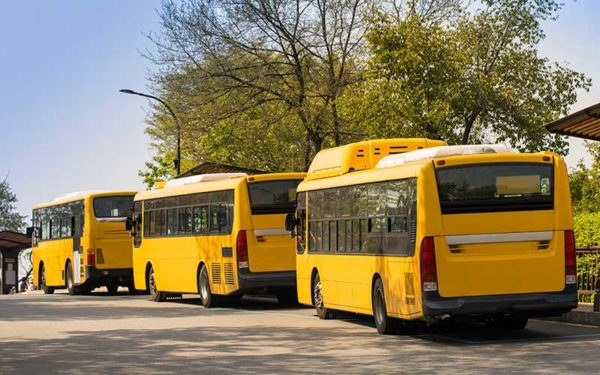
“This decision epitomizes short-term thinking that will only cause problems in the long run,” said Erica Fuller, Senior Attorney at CLF. “It’s simply backwards to choose areas for offshore wind development before doing a full environmental analysis, which would ultimately save time and money if done now. It is critical to advance offshore wind to respond to the climate crisis and clean up our electric grid, but it must be done in a science-based, inclusive and transparent way.”
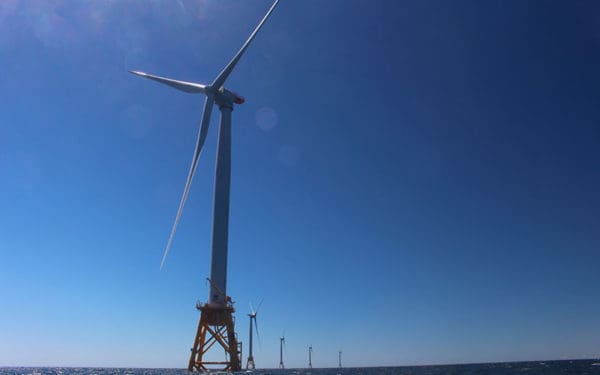
Tanya is the CLF Senior Accountant. She supports the accounting and financial activities of the organization. Prior to joining CLF, Tanya was the Grants and Staff Accountant at the New England Aquarium. Tanya worked on the post-award phase of federal and foundation grants to support various research groups at the Aquarium’s Anderson Cabot Center of… Continue reading Tanya Nanthakijjar

As we celebrate the sixth anniversary of the Northeast Canyons and Seamounts Marine National Monument, we are calling for more of our ocean to be permanently protected
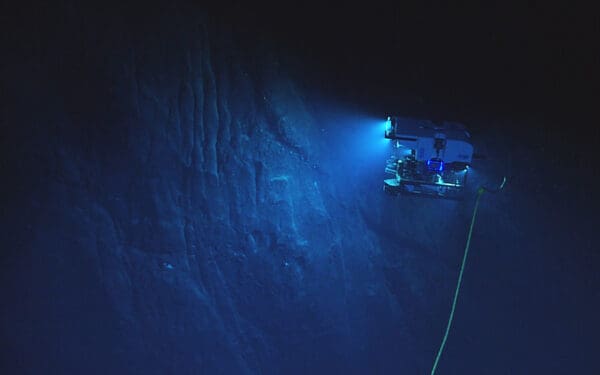
“During every heavy rainfall, a toxic soup of pollutants flows into our most iconic rivers, threatening water quality, wildlife, and people,” said Heather Govern, CLF’s Vice President of Clean Air and Water. “The EPA has announced a first step to protect these rivers, but the agency must now commit to a firm date when they will issue a draft permit. The longer the permits take, the longer the damage continues.”
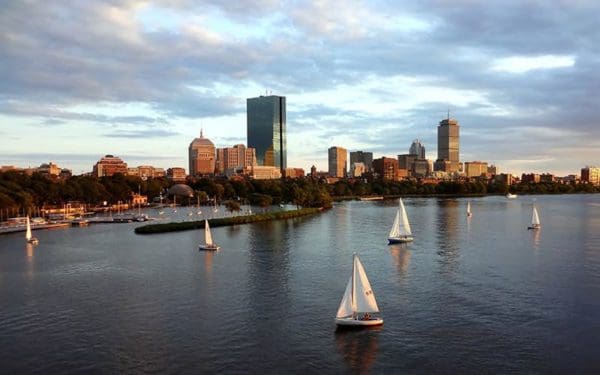
Darrèll Brown, vice president of CLF’s Rhode Island Advocacy Center, talks about the organization’s work to hold Big Oil accountable for failing to prepare its coastal facilities for the climate impacts its polluting products have caused.
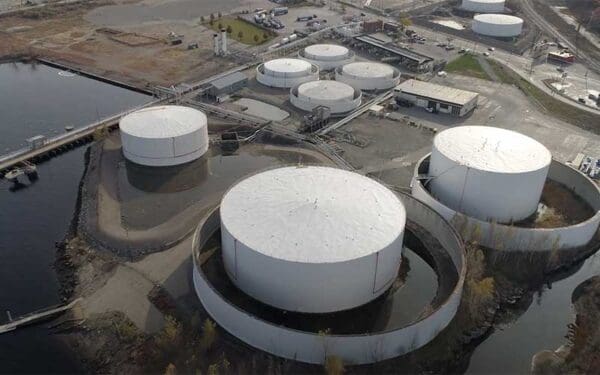
“We need to move away from burying and burning, and towards reducing, reusing, and composting,” said Staci Rubin of Conservation Law Foundation. “A sustainable future means reducing burdens on communities of color and low-income residents who shoulder the brunt of waste disposal. We don’t need to invent any new technologies, we just need the Commonwealth to devote resources to education and enforcement.”
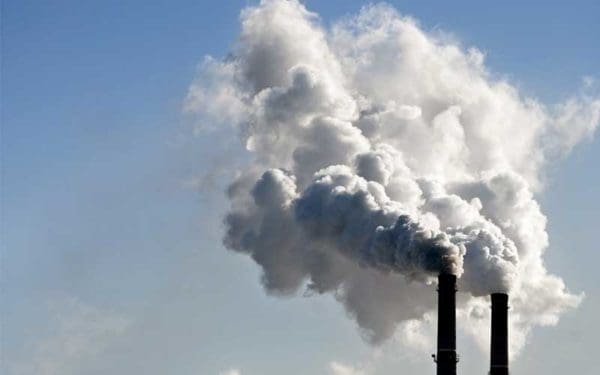
Massachusetts faces a host of environmental and public health challenges that will likely take years to solve. But one problem we can clearly solve in the near term is the amount of waste we discard that should be reduced, composted, or recycled.

We must prepare our coastal communities for the increasing frequency and damage associated with high tide flooding. Here’s how.
